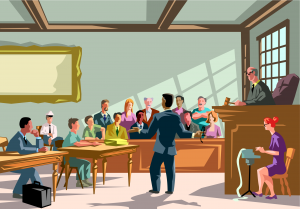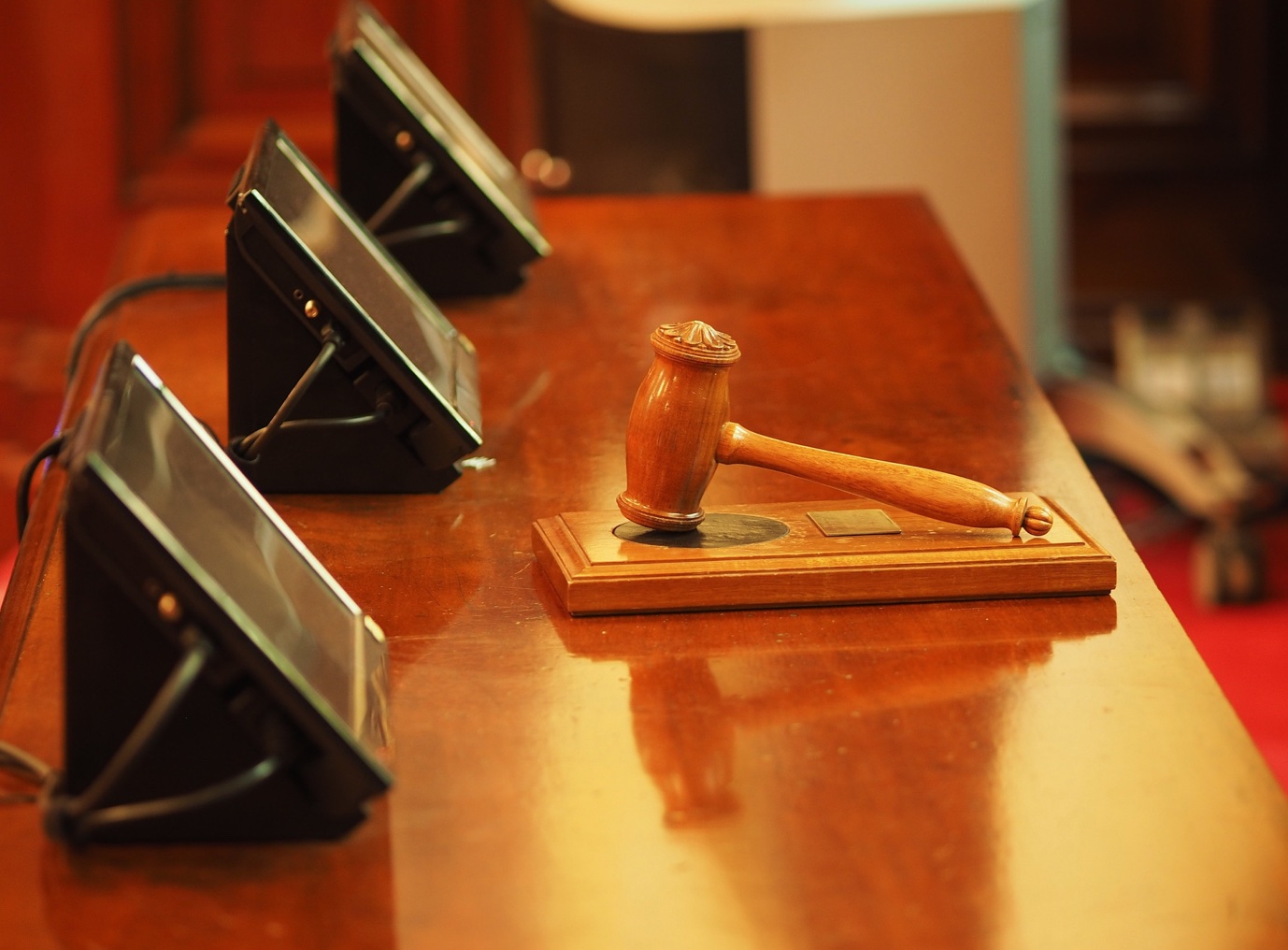Navigating the legal process in Los Angeles can be challenging, and it’s important to understand the basics of how it works and what to expect.
Los Angeles is a large and diverse city, and the legal process can vary depending on the type of case and the court in which it is heard. However, there are some general things that you can expect when navigating the legal system in Los Angeles.
Types of Cases Handled in Los Angeles
Los Angeles has a number of different courts that handle a wide range of legal cases. Some of the most common types of cases include:
- Criminal cases: These include everything from traffic violations and misdemeanors to serious felonies. The Los Angeles County Superior Court handles the majority of criminal cases in the city, with specialized courts for certain types of crimes, such as drug offenses and domestic violence.
- Civil cases: These include disputes between private parties, such as contract disputes, personal injury claims, and landlord-tenant disputes. The Los Angeles Superior Court also handles the majority of civil cases, but there are also specialized courts for certain types of disputes, such as probate court for wills and estates, and small claims court for disputes involving relatively small amounts of money.
- Family law cases: These include divorce, child custody, and other family-related legal issues. Family law cases are heard in the Los Angeles Superior Court’s family law division.
- Immigration cases: These include deportation proceedings, asylum claims, and other immigration-related matters. Immigration cases are handled by the U.S. Immigration Court, which is located in downtown Los Angeles.
The Legal Process in Los Angeles
The legal process in Los Angeles can be complex and time-consuming, but it generally follows a similar pattern regardless of the type of case.
- Arraignment: This is the first court appearance after a person is arrested or charged with a crime. The defendant is informed of the charges against them and enters a plea of guilty or not guilty.
- Pretrial hearings: These are court appearances where the judge and attorneys discuss the case and make decisions about things like bail, discovery, and scheduling of further court appearances.
- Trial: This is where the case is presented to a jury or judge, and a decision is reached as to the defendant’s guilt or innocence.
- Sentencing: If the defendant is found guilty, the judge will impose a sentence, which can include fines, probation, or imprisonment.
It’s important to note that the legal process can be different for different types of cases, and it can be very different for criminal cases and civil cases. In a criminal case, the prosecution must prove guilt beyond a reasonable doubt, while in a civil case, the plaintiff must prove their case by a preponderance of the evidence.
Representing Yourself in Los Angeles
While it’s always recommended to seek the help of an experienced attorney, some individuals may choose to represent themselves in legal proceedings. This is known as pro se representation.
Pro se representation can be done in both criminal and civil cases, but it can be more difficult in criminal cases as the laws and procedures are more complex, and the consequences of a conviction are more severe. In civil cases, pro se representation may be more common and less risky, but it can still be challenging for individuals who are not familiar with the legal system.

If you choose to represent yourself, it’s important to understand that the court will expect you to follow the same rules and procedures as an attorney. This includes filing the appropriate paperwork, making court appearances, and presenting evidence in accordance with the rules of evidence.
Additionally, it’s important to understand that the judge and opposing counsel may not be able to provide you with legal advice or assistance. They are required to remain impartial and cannot take sides in the case.
Alternative Dispute Resolution in Los Angeles
In some cases, the legal process in Los Angeles can be time-consuming and expensive. Alternative dispute resolution (ADR) is an alternative method for resolving legal disputes. ADR methods include mediation, arbitration, and settlement conferences.
Mediation
Mediation is a process where a neutral third party, known as a mediator, helps the parties in a dispute to reach a mutually acceptable resolution. Mediation is often used in civil cases, such as contract disputes, personal injury claims, and landlord-tenant disputes.
Arbitration
Arbitration is a process where a neutral third party, known as an arbitrator, hears evidence and makes a binding decision in a dispute. Arbitration is often used in disputes involving contracts that have an arbitration clause.
Settlement
Settlement conferences are meetings between the parties in a dispute and their attorneys, where they try to reach a settlement without going to trial. Settlement conferences are often used in civil cases, such as personal injury claims, and family law cases, such as divorce and child custody disputes.
ADR methods can be less formal and less expensive than traditional court proceedings. They can also be less time-consuming and can provide a more confidential and private resolution to a dispute.
Getting Legal Representation
In conclusion, navigating the legal process in Los Angeles can be challenging, and it’s important to understand the basics of how it works and what to expect.
Whether you choose to represent yourself or to seek the help of a reliable criminal defense lawyer, it’s important to be familiar with the different types of cases and courts in Los Angeles, as well as the various options for alternative dispute resolution.


Join the conversation!